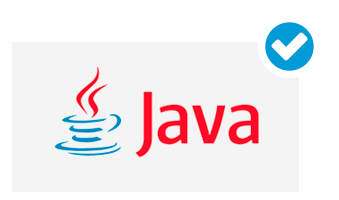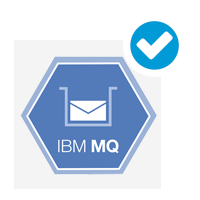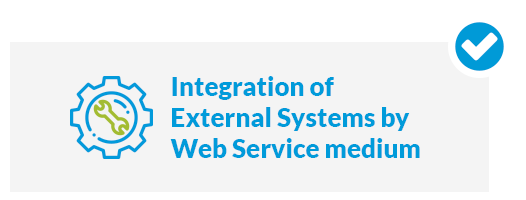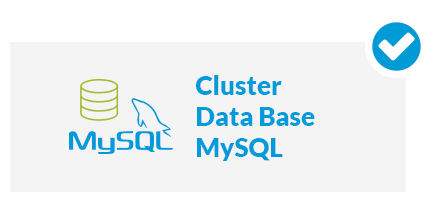The Centralized Recharge System was implemented for the mobile telecommunications company ENTEL, for its Prepaid and Controlled Account customers. Mainly, the system manages the money recharges and applies promotions originating from the IVR, WEB platforms, or the POS of distributors, throughout the country.
The administration of a high volume of commercial and technical validations, associated with the recharge requirements, and the final application of these balances in the operational systems, was a relevant issue to be addressed. Therefore, it was necessary to define from the beginning a robust and scalable system over time.
Consequently, to achieve the above, a multilayer architecture was defined to support, in the first place, high levels of load, and concentration of requirements at specific times and dates. Then, considerations to support fault tolerance load balancing were included in the design.
Validations, the Core of the Centralized Recharge System
The validation layer, which corresponds to the most relevant part of the system, was developed based on unitary and independent controls. These can be activated on demand and applied depending on the information that accompanies the transaction.
Among the most relevant integrated validations, the following stand out:
- Customer validations, such as:
+ Black lists
+ Gray lists
+ Balances granted as a loan in the case of special recharges
- Merchant validations, such as:
+ Refills made with POS terminal in pharmacies or commercial stores
+ Maximum daily recharge amounts
- General validations, such as:
+ Mobile numbering ranges
+ Amount of money to recharge
+ Recharge frequency
- Technical validations, such as availability of interconnection interfaces and operational platforms where recharges must be injected.
Other Functions of the Centralized Recharge System
In the reload layer of the system, processes of online reconciliation of transactions were included, sending alerts for integration problems and management of reversals in special cases, among other functionalities.
Additionally, the system has a WEB administration interface to configure the validations that must be applied for each customer or merchant profile. On the other hand, with this interface it is possible to activate or deactivate services, and configure a series of system parameters, such as bonuses associated with recharges, among others.
Likewise, other functionalities included such as: handling of retries, balancing of recharges, handling of promotions, exchange of recharges for points, etc.
Technical Detail of the Project
The system is implemented to support horizontal growth, through a server farm. Productive peaks of successful daily recharges served were reached over 1.2 million recharges.
The project was developed with JAVA for the processes. For the integration, IBM MQ queues and Web Service were used. For the administration WEB, PHP. Finally, the development of the project lasted 24 months and a team of professionals composed of the roles of Headquarters, Architects, Engineers and QA Analysts permanently worked on it.
Post implementation, Tecnova took over the evolutionary maintenance and 24×7 support of the system for 11 years. During this period, functional improvements, integrations with new businesses and systems, adaptations to support new services and commercial products, among other issues, were applied. On the other hand, with regard to support, it was in charge of monitoring and operating the application, in addition to generating data and application FIXs, in the event of problems or changes in the infrastructure.









